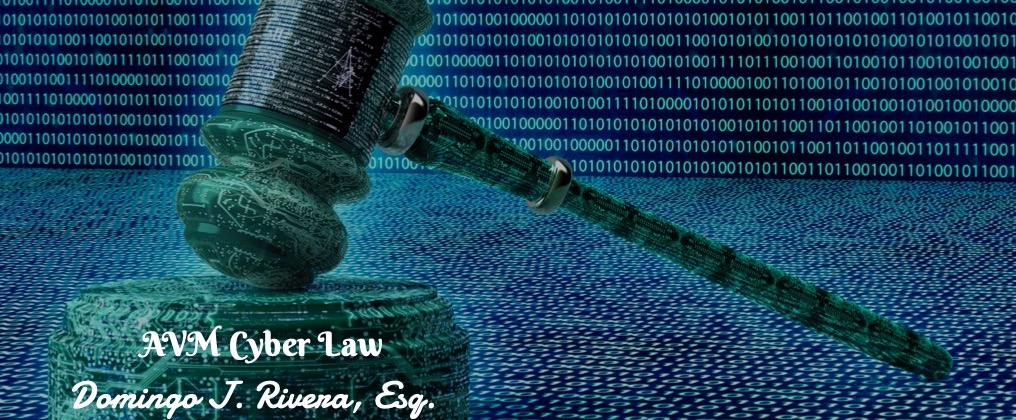Domain Names With Geographic Designations - Trademark Law
Mon, Oct 17, 2011
Read in 4 minutes
Domain name disputes and domain name litigation are important areas of Internet law. Sometimes an individual registers a domain name containing a a geographic designation, such as the name of a city.

Domain name disputes and domain name litigation are important areas of Internet law. Sometimes an individual registers a domain name containing a a geographic designation, such as the name of a city. Whether the domain name owner enjoys trademark protection depends on certain elements. What if the domain name registered includes the name of a foreign city and the foreign city prevails in a UDRP proceeding? Can the domain name owner sue in court in the U.S.?
Under United States trademark law, a geographic designation can obtain trademark protection if that designation acquires secondary meaning. Lanham Trade-Mark Act, § 2(e)(2), as amended, 15 U.S.C.A. § 1052(e)(2). Registration and use of a name with a geographic designation is not unlawful, even if the public did not associate the name with anything other than city itself, and the city council could not obtain trademark interest in purely descriptive geographical designation. Lanham Trade-Mark Act, §§ 2(e)(2), 32, 45, as amended, 15 U.S.C.A. §§ 1052(e)(2), 1114, 1127.
Domain names are issued pursuant to contractual arrangements under which the registrant agrees to a dispute resolution process, known as the Uniform Domain Name Dispute Resolution Policy ( UDRP), which is designed to resolve a large number of disputes involving domain names, but this process is not intended to interfere with or modify any independent resolution by a court of competent jurisdiction. Lanham Trade-Mark Act, §§ 32, 45, as amended, 15 U.S.C.A. §§ 1114, 1127. The Uniform Domain Name Dispute Resolution Policy ( UDRP) does not unify the law of trademarks among the nations served by the Internet; rather, it forms part of a contractual policy developed by Internet Corporation for Assigned Names and Numbers (ICANN) for use by registrars in administering the issuance and transfer of domain names; indeed, it explicitly anticipates that judicial proceedings will continue under various nations laws applicable to the parties. Lanham Trade-Mark Act, §§ 32, 45, as amended, 15 U.S.C.A. §§ 1114, 1127.
The Anticybersquatting Consumer Protection Act (ACPA) authorizes a suit by a domain name registrant whose domain name has been suspended, disabled or transferred under that reasonable policy, including the Uniform Domain Name Dispute Resolution Policy ( UDRP), to seek a declaration that the registrant’s registration and use of the domain name involves no violation of the Lanham Act as well as an injunction returning the domain name. Lanham Trade-Mark Act, §§ 32, 45, as amended, 15 U.S.C.A. §§ 1114, 1127. A World Intellectual Property Organization (WIPO) proceeding is relevant to an Internet domain name registration claim, but it is not jurisdictional; indeed, a WIPO panelist’s decision is not even entitled to deference on the merits. Lanham Trade-Mark Act, § 32(2)(D)(v), as amended, 15 U.S.C.A. § 1114(2)(D)(v).
Any decision made by a panel under the Uniform Domain Name Dispute Resolution Policy (UDRP) is no more than an agreed-upon administration that is not given any deference under the Anticybersquatting Consumer Protection Act (ACPA); to the contrary, because a UDRP decision is susceptible of being grounded on principles foreign or hostile to American law, the ACPA authorizes reversing a panel decision if such a result is called for by application of the Lanham Act. Lanham Trade-Mark Act, §§ 32, 45, as amended, 15 U.S.C.A. §§ 1114, 1127.
Therefore, an action brought in a United States court by a United States corporation involving a domain name administered by a United States registrar to determine whether registration or use of a domain name violated the Anticybersquatting Consumer Protection Act (ACPA) was required to be adjudicated according to United States trademark law under the Lanham Act, not foreign law; such resolution also was consistent with fundamental doctrine of territoriality upon which trademark law was based, since both United States and Spain had long adhered to Paris Convention for Protection of Industrial Property. Lanham Trade-Mark Act, § 32(2)(D)(v), as amended, 15 U.S.C.A. § 1114(2)(D)(v).
United States courts do not entertain actions seeking to enforce trademark rights that exist only under foreign law. To establish a right to relief against an “overreaching trademark owner” under the reverse hijacking provision of the Anticybersquatting Consumer Protection Act (ACPA), a plaintiff must establish that: (1) it is a domain name registrant; (2) its domain name was suspended, disabled, or transferred under a policy implemented by a registrar; (3) the owner of the mark that prompted the domain name to be suspended, disabled, or transferred has notice of the action by service or otherwise; and (4) the plaintiff’s registration or use of the domain name is not unlawful under the Lanham Act, as amended. Lanham Trade-Mark Act, § 32, as amended, 15 U.S.C.A. § 1114.